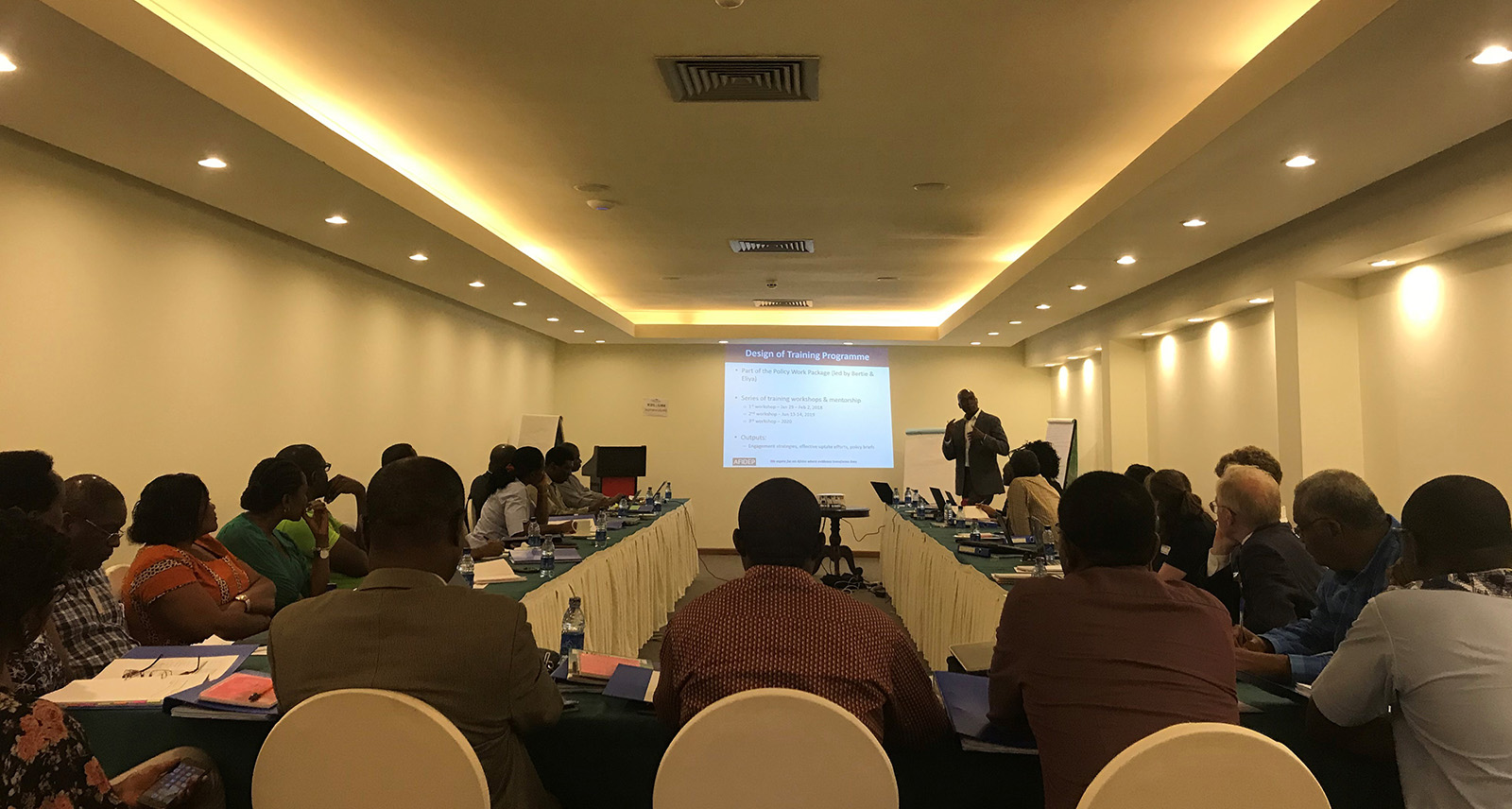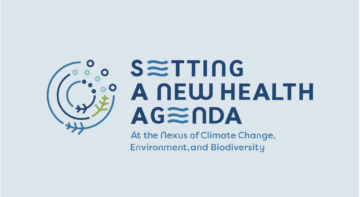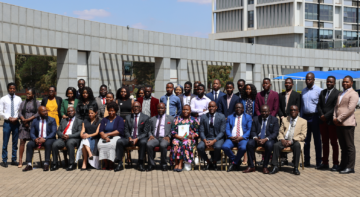Blogs

Between 13 – 14 June 2019, AFIDEP conducted a training with researchers from the International Multidisciplinary Programme to Address Lung Health and TB in Africa (IMPALA). The focus of the training was on enhancing the scholars’ ability to communicate evidence from their research projects in simple formats that can easily be understood by non-experts and to disseminate their evidence in relevant policymaking processes and networks. Ultimately, the goal of the training and the broader policy engagement component of IMPALA is to ensure lung health issues are given appropriate attention in national, regional and global health policy.
For a long time, lung health has been under-prioritised in Africa. Even TB, the most well-known and well-funded lung disease, continues to be the world’s leading infectious killer, claiming the lives of more people every year than HIV and malaria combined. Unfortunately, Africa accounts for 1 in 4 TB infections and deaths. Although there have been major gains in TB control, the disease cannot be eliminated without better case identification and treatment. In fact, diagnosing TB patients can involve multiple tests, take several days, and require expensive technologies like x-rays and laboratory tests. By contrast, patients can know their HIV and malaria status in less than five minutes with only a finger prick. In addition to needing more efficient diagnostic tools, TB needs better treatment regimens. On average, TB treatment requires hundreds of oral doses over a six-month period and can transform into more aggressive forms of drug-resistant TB if treatment is not well managed. Even if TB patients complete treatment, they need dedicated follow-up care to control post-TB chronic lung disease, which remains severely unknown despite its prevalence. This goes to show that a lot of investment is still needed to effectively address TB.
Other lung health illnesses like asthma, chronic obstructive pulmonary disease (COPD), and lung cancer are made worse due to the marginal investment in their treatment and cures, when compared to TB. Their low-priority status is due, in large part, to a lack of evidence on how big of a problem they are, especially in Africa. The burden of lung health illnesses is unknown as routine data on them is not collected in health systems. Estimates indicate, however, that their prevalence is large and growing, especially in low and middle income countries including much of Africa. Globally, it’s estimated than 1 billion people are affected by acute and chronic respiratory conditions, making them one of the biggest causes of illness and death. However, without greater investment in the form of funding, research and awareness, lung health will continue to suffer.
The training was therefore apt in empowering African lung health researchers and experts to become champions beyond the research space in order to get much needed attention and action from governments. Participants were enthusiastic and benefited from the packed training program. In fact, data from the pre and post training surveys indicate vast improvements in the researchers’ understanding of research and policy linkages. Before the training, less than half rated their understanding of the role of evidence in the policy-making process as above average. After the training, the above average rating was marked by all the respondents.
More than anything, the participants benefited from the practical application sessions which one participant said “broke up the theory and allowed us to practice and actually start putting together information…” Similarly, one researcher emphasised that “the practical opportunity to use data and experience from my on-going research significantly improved my understanding of the concepts discussed.” These sessions allowed researchers like Dr Rebecca Nantanda and Dr Zelalem Terfa who are investigating the effect of maternal and socioeconomic factors on new born babies’ lung function in Uganda to see the big picture. They worked with other Ugandan IMPALA researchers to strategise ways of putting lung health on the national health policy agenda. Dr Nantanda, Dr Terfa and others reflected on why they do their work in the first place, what their objectives are, and which stakeholders can help achieve them. Through exciting exercises, like drafting policy briefs and delivering three-minute elevator pitches on key lung health issues, the researchers gained skills on ways of practically engaging their key stakeholders.
By the end of the training, participants’ excitement for the topics and learning resources was clear. Ultimately, two days was not enough. In fact, the biggest piece of feedback received is that the training needed more time. This training and others that AFIDEP has facilitated are evidence that there is great demand for and value in engaging researchers in policy processes. In the words of one participant, “the training has come at the right time when we are critically thinking on how we can inform policies and practitioners in an effective way.” Ultimately, we believe that equipping the researchers with the right knowledge and skills is a critical step towards bridging the research to policy gap and improving lung health in Africa.
Related Posts




